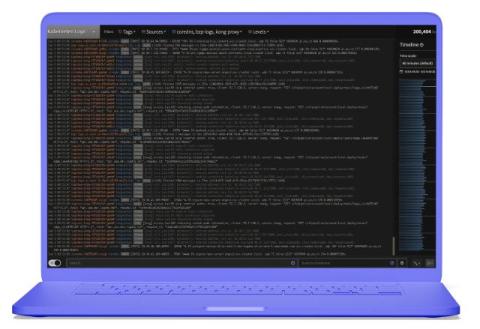Fusion Teams: What Are They?
With more organizations becoming tech-enabled to tackle the AI boom, a new term has emerged: the fusion team. At least 84% of companies and 59% of government entities have set up “fusion teams," according to Gartner data. A new concept coined by Gartner, the fusion team aims to encourage collaborative development among technology and business teams. But what exactly is a fusion team, and why is it becoming increasingly important in today's business landscape?











